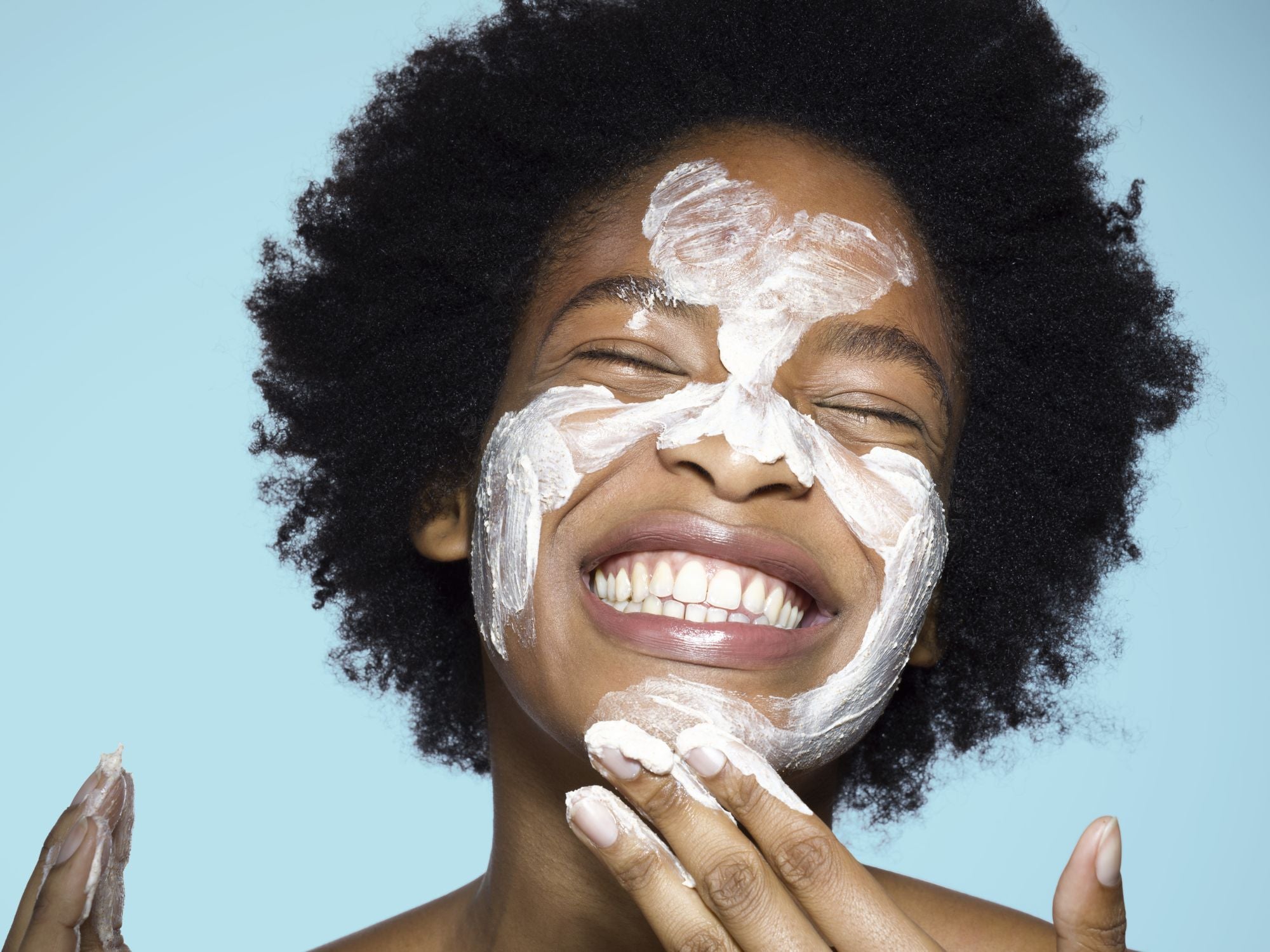Article: Skin Collagen: The Foundation of Youthful Skin

Skin Collagen: The Foundation of Youthful Skin
Collagen is often hailed as the secret to youthful, radiant skin. This vital protein is a fundamental component of our skin's structure, providing strength, elasticity, and hydration. As we age, collagen production decreases, leading to wrinkles, sagging, and other signs of aging. In this blog post, we’ll delve into what collagen is, its role in skin health, and how you can support your body's collagen production to maintain a youthful complexion.
What is Collagen?
Collagen is the most abundant protein in the human body, making up about 30% of the body's total protein content. It is a major structural protein, found in connective tissues such as skin, tendons, ligaments, and bones. In the skin, collagen fibers form a network that gives skin its firmness and elasticity.
Types of Collagen
There are at least 28 different types of collagen, but the most common in the skin are Type I and Type III. Type I collagen is the most abundant, providing structure and strength, while Type III collagen helps support the structure of muscles, organs, and arteries.
The Role of Collagen in Skin Health
Collagen is essential for maintaining the skin’s structure and resilience. It works in tandem with elastin, another protein, to provide skin with its ability to stretch and rebound. When collagen levels are high, the skin appears plump, smooth, and youthful. However, as collagen production declines with age, the skin becomes thinner, less elastic, and more prone to wrinkles and sagging.
Factors Affecting Collagen Production
Several factors can influence collagen production and degradation:
- Aging: Natural aging processes slow down collagen production, starting as early as the mid-20s.
- UV Exposure: Ultraviolet (UV) rays from the sun can accelerate the breakdown of collagen fibers, leading to premature aging.
- Smoking: Chemicals in tobacco smoke damage collagen and elastin, contributing to wrinkles and sagging.
- Diet: A diet lacking in essential nutrients, particularly vitamin C, can impair collagen synthesis.
- Hormonal Changes: Hormonal fluctuations, especially during menopause, can reduce collagen production.
Supporting Collagen Production
Maintaining healthy collagen levels is crucial for youthful skin. Here are some ways to support collagen production naturally:
- Healthy Diet: Eat a balanced diet rich in protein, vitamins, and minerals. Vitamin C, found in citrus fruits, berries, and leafy greens, is essential for collagen synthesis.
- Hydration: Drink plenty of water to keep skin hydrated and support collagen function.
- Sun Protection: Wear sunscreen daily to protect your skin from UV damage.
- Avoid Smoking: Quitting smoking can prevent further damage to collagen and improve skin health.
- Skincare Products: Use skincare products containing ingredients like retinoids, peptides, and hyaluronic acid, which can promote collagen production and improve skin texture.
- Collagen Supplements: Oral collagen supplements, often derived from animal sources, can help support skin health from within. Studies suggest that these supplements may improve skin elasticity, hydration, and reduce wrinkles.
Conclusion
Collagen is a cornerstone of healthy, youthful skin. Understanding its role and how to support its production can help you maintain a radiant complexion as you age. By incorporating healthy lifestyle habits, using effective skincare products, and considering collagen supplements, you can keep your skin looking its best for years to come. Remember, it’s never too early or too late to start caring for your skin’s collagen.



Leave a comment
This site is protected by hCaptcha and the hCaptcha Privacy Policy and Terms of Service apply.